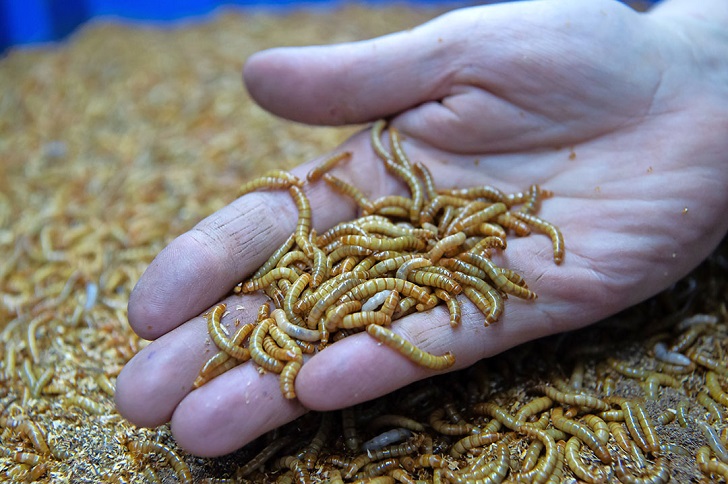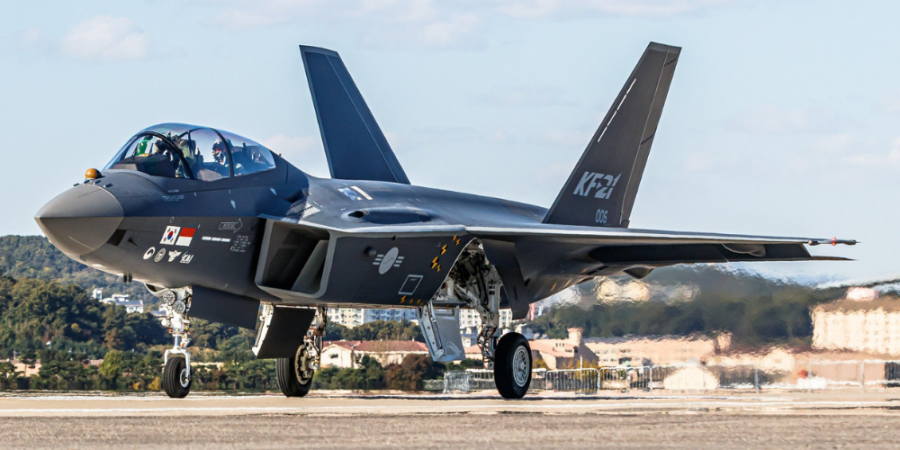Recent online discussions have raised eyebrows with alarming claims about bugs in Tyson Foods, sparking a whirlwind of consumer concerns. These assertions, predominantly spread through social media, suggest that Tyson Foods might incorporate insects into their food products. Here’s a detailed look into these claims to set the record straight.
Bugs in Tyson Foods: What Started the Rumor?
The origin of these unsettling rumors can be traced back to a Facebook post that warned readers with a bold caption: “FDA APPROVED BUGS – READ YOUR LABELS.” This post featured an image of mealworms and listed several well-known Tyson brands, such as Hillshire Farm, Sara Lee, and Jimmy Dean, implying a connection between these brands and the use of insect ingredients. The post quickly elicited reactions ranging from disbelief to disgust, with comments like “One word…GROSS” and inquiries about the transparency of ingredient listings.

All About Feed | A Facebook post featured an image of mealworms and listed several well-known Tyson brands, implying a connection between these brands and the use of insect ingredients.
The Truth Behind the Claims
In response to the growing concerns, a spokesperson from Tyson Foods categorically denied these claims in an email to Reuters. They clarified, “Tyson Foods is not adding insect protein to food intended for human consumption.” This statement aims to reassure consumers that the products they know and trust remain unchanged and free from unconventional ingredients.
Moreover, the confusion appears to stem from Tyson Foods’ collaboration with Protix, a supplier of insect ingredients. Announced in October 2023, this partnership focuses on developing an insect ingredient facility that produces high-quality proteins and lipids for pet food, aquaculture, and livestock feed—not for human consumption. This key detail confirms that the venture is strictly for non-human products, which was explicitly mentioned in their press release.

@tysonfoods | Instagram | Spokesperson from Tyson Foods clarified Tyson Foods is not adding insect protein to food intended for human consumption.
Regulatory Perspective on Insects in Food
It’s important to note that the Food and Drug Administration (FDA) does regulate the presence of natural or unavoidable defects in food, including insects, through established guidelines. These regulations specify permissible levels of such defects that pose no health risks to humans but are not considered approved ingredients. Hence, while insects might inadvertently find their way into foods, they are strictly monitored and controlled within safe limits.
Globally, insects are indeed consumed as a food source in many cultures. Research from the University of Minnesota’s College of Food, Agriculture and Natural Resource Sciences highlights that around 2,000 species of insects are eaten in over 100 countries. However, this practice is distinct from including insects as ingredients in manufactured food products in the United States, where Tyson operates.
Clarifying Misconceptions
The websites for Tyson’s brands like Hillshire Farm, Sara Lee, Jimmy Dean, and others provide transparent information about their ingredients. Consumers can directly verify the contents of their favorite products, confirming the absence of any insect-derived substances. This transparency is part of Tyson Foods’ commitment to maintaining consumer trust and upholding stringent quality standards.

@tysonfoods | Instagram | Tyson’s brands like Hillshire Farm, Sara Lee, Jimmy Dean, and others provide transparent information about their ingredients.
The bugs in the Tyson Foods controversy appear to be a classic case of misinformation fueled by misunderstandings and the viral nature of social media. Tyson Foods maintains that no insect ingredients are used in any of their products intended for human consumption, ensuring that consumers can continue to enjoy their products without concern. This reassurance is backed by strict regulatory practices and a commitment to transparency, which collectively dispel the rumors and affirm the integrity of Tyson Foods’ products.










